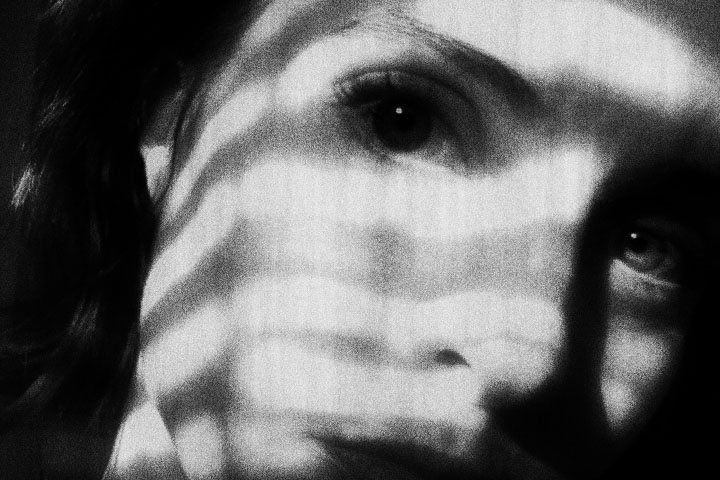I’m going to be really honest with you about the evolution of my understanding of sex trafficking. I’m wondering if maybe it’s been your process, too.
Step 1: Sex trafficking is a really bad thing that happens in other countries where there are brothels and American businessmen pay for sex. Somebody should do something about that.
Step 2: Sex trafficking is a really bad thing that happens in my country where desperate women with drug problems trade their bodies for money and dangerous pimps make money off of it. We should do something about that.
Step 3: Sex trafficking is something that happens to vulnerable children and adults who have been failed by child welfare, by those the authorities, by their families and feel there is no other option than selling their bodies in order to survive or to feel “loved” by their pimps. I SHOULD DO SOMETHING ABOUT THAT.
The statistics are staggering about how many kids are involved in sex trafficking. According to the FBI over 100,000 CHILDREN are sold for sex each year. If you’re like me, you’re asking yourself the question, “WHO ARE THESE KIDS?” How can 100,000 kids just disappear into sex trafficking operations? I’ve read “Free Range Kids” and I know kids aren’t being abducted by strangers at the rates they were even in my childhood, so what is going on?
It has been heartbreaking to hear the stories of these children and realize they were not just snatched off the street, but were often manipulated into this work because they were vulnerable. (The documentary “Tricked” is a good place to start your education.) They were runaways without a plan. They were kids without parents to come home to. They had already been sexually abused and were dealing with feelings of shame and fear. And if you are a parent who is high and not getting along with your teen and she goes missing, are you going to want to call the authorities and alert them to what was going on at your home? Probably not. Especially not if you’ve got other kids you’re raising. What about the foster kids who have run away from each new placement. Who is going to search for them? Who is going to publicize their disappearance? What about when teens seem to go willingly into that life? Do we really believe that’s a choice a child can make? Do we think it’s okay for them to suffer the very adult consequences of these decisions?
As someone who has worked in the foster care system for years, I have had my eyes opened as I’ve considered the situations of the parents of foster kids I know. It has been easier for me to see them as irresponsible at best or evil at worst when I know they have participated in sex for money or sex for drugs. If I were caught in that life, I would have so many resources for helping me break free, so much support for making good choices. It’s hard to imagine a life where this seems like a good option, but I am beginning to understand the pain that sits beneath the choices. What if I literally didn’t know how to get out or knew that trying to get out could risk my life or my freedom?
. . . To finish reading, click through to Her View From Home. . .

